Search
Search Results

Article
Enuma Elish - The Babylonian Epic of Creation - Full Text
The Enuma Elish (also known as The Seven Tablets of Creation) is the Babylonian creation myth whose title is derived from the opening lines of the piece, "When on High". The myth tells the story of the great god Marduk's victory over the...
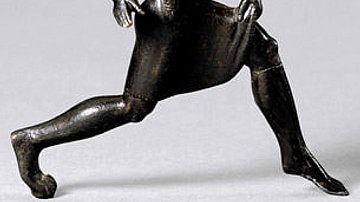
Article
Spartan Women
Spartan women had more rights and enjoyed greater autonomy than women in any other Greek city-state of the Classical Period (5th-4th centuries BCE). Women could inherit property, own land, make business transactions, and were better educated...
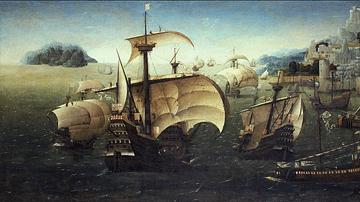
Article
The Spice Trade & the Age of Exploration
One of the major motivating factors in the European Age of Exploration was the search for direct access to the highly lucrative Eastern spice trade. In the 15th century, spices came to Europe via the Middle East land and sea routes, and spices...
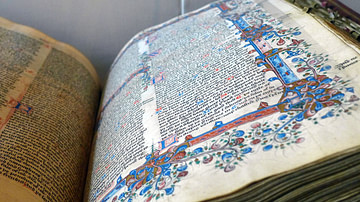
Article
50 Biblical Phrases, Idioms, & Metaphors
In the Western tradition, many phrases and terms from the Bible are utilized as allegory, metaphors, idioms, or simply to describe the characteristics of a known person or event. They have become an essential element of literature and descriptions...
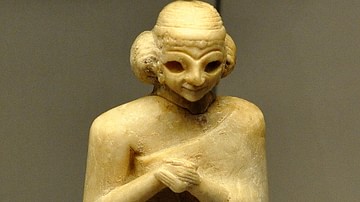
Article
Women in Ancient Mesopotamia
The lives of women in ancient Mesopotamia cannot be characterized as easily as with other civilizations owing to the different cultures over time. Generally speaking, though, Mesopotamian women had significant rights, could own businesses...
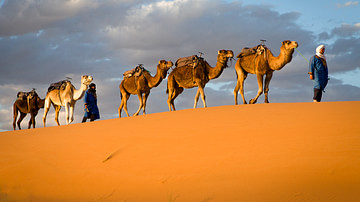
Article
The Camel Caravans of the Ancient Sahara
The camel caravans which crossed the great dunes of the Sahara desert began in antiquity but reached their golden period from the 9th century CE onwards. In their heyday caravans consisted of thousands of camels travelling from North Africa...
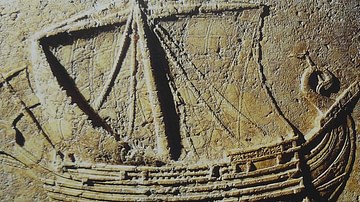
Article
Trade in the Phoenician World
The Phoenicians, based on a narrow coastal strip of the Levant, put their excellent seafaring skills to good use and created a network of colonies and trade centres across the ancient Mediterranean. Their major trade routes were by sea to...
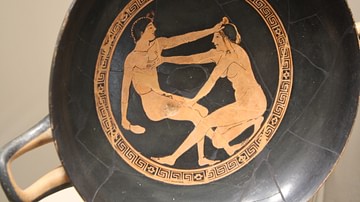
Article
Love, Sex, & Marriage in Ancient Greece
Love, sex, and marriage in ancient Greece are portrayed in Greek literature as distinct, yet closely intertwined, elements of life. For many upper-class men, marriages did not take place for love, and other relationships, be it with men or...
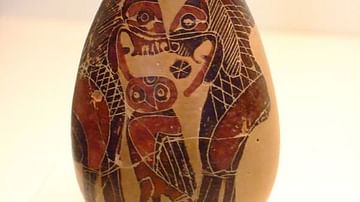
Article
A Visual Glossary of Greek Pottery
Alabastron (pl. alabastra) - a small jar for storing perfumes, named after the material (alabaster) the first examples were made from. They were often carried by a string looped around the neck of the vessel. Amphora (pl. amphorae) - one...

Article
Prostitution in the Ancient Mediterranean
Prostitution in the ancient world usually referred to a classification of women and men who offered their sexual services outside the parameters of law codes for ancient society. The word 'prostitute' derives from the Latin prostituere ("to...